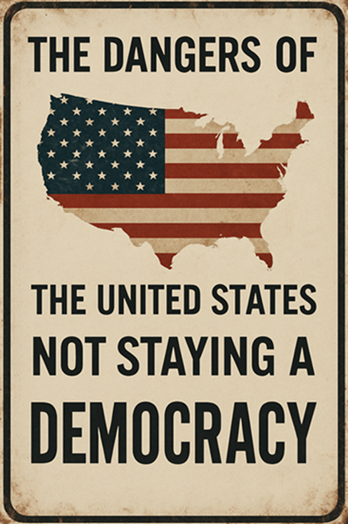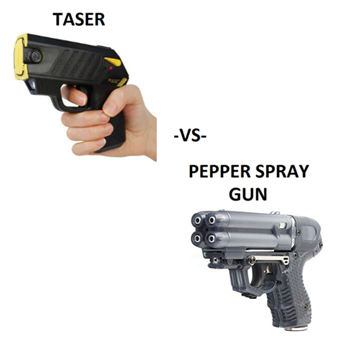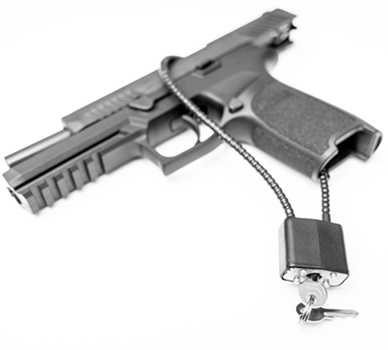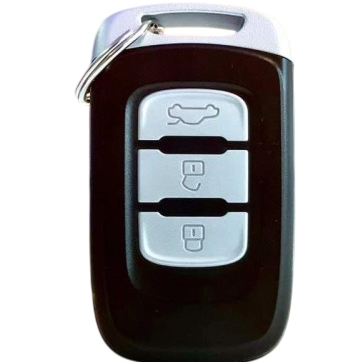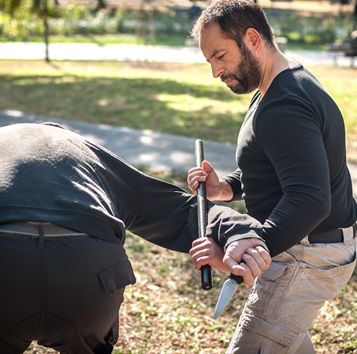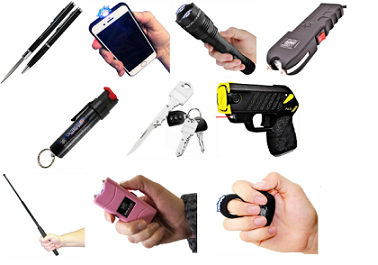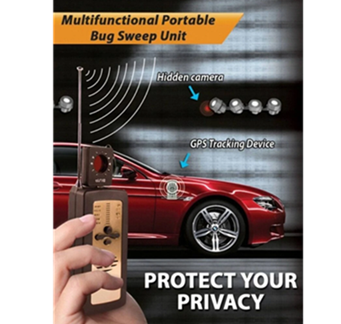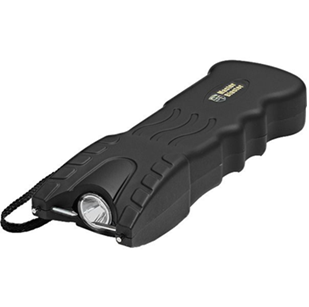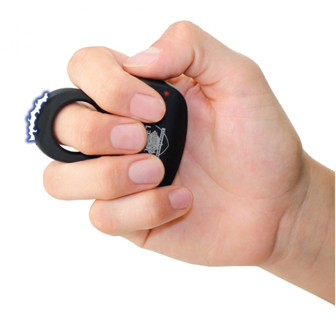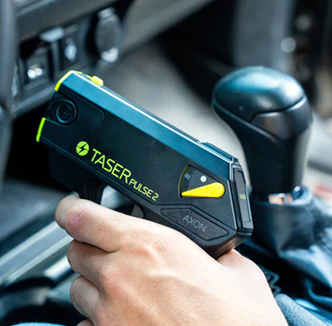Can You Get Arrested for Carrying a Stun Gun?
 Yes, you can be arrested for carrying a stun gun if you violate federal, state, or local laws (see TASER® and Stun Devices Regulations by State). Here are some situations where carrying a stun gun could lead to legal trouble:
Yes, you can be arrested for carrying a stun gun if you violate federal, state, or local laws (see TASER® and Stun Devices Regulations by State). Here are some situations where carrying a stun gun could lead to legal trouble:
1. Carrying a Stun Gun in a Restricted State or City
If you carry a stun gun in a state where it is illegal, you could face criminal charges, fines, or even jail time. In states like Rhode Island and Hawaii, stun guns are completely banned, meaning possession alone is a criminal offense.
2. Carrying a Stun Gun in Prohibited Locations
Even in states where stun guns are legal, carrying them in certain locations can lead to arrest. Common restricted areas include:
-
Airports (violating TSA regulations)
-
Schools (including K-12 campuses and certain college properties)
-
Government buildings
-
Courthouses
-
Military bases
If caught with a stun gun in one of these places, you may be charged with unlawful possession of a weapon.
3. Using a Stun Gun in a Crime
Even if you legally own a stun gun, using it during the commission of a crime (e.g., robbery, assault, or illegal threats) can lead to serious felony charges. In many states, using a stun gun in a criminal act results in enhanced penalties, sometimes equivalent to using a firearm.
4. Carrying a Stun Gun Without a Permit in Restricted States
In states like Illinois and Michigan, you need a specific permit to carry a stun gun. If you’re caught carrying one without the required permit, you could face a misdemeanor or even a felony charge, depending on the circumstances.
5. Concealed Carry Violations
Some states classify stun guns as concealed weapons. If you fail to follow concealed carry laws—such as failing to disclose possession to law enforcement during a traffic stop—you could be charged with unlawful concealed carry.
6. Underage Possession
Most states require stun gun purchasers to be at least 18 years old. If a minor is found carrying a stun gun, they (or their parents) could face legal consequences.
How to Avoid Getting Arrested for Carrying a Stun Gun
1. Check Your Local and State Laws
Before purchasing or carrying a stun gun, research the laws in your state and local area. A good resource is your state’s official government website or legal advisories from self-defense organizations.
2. Obtain Any Required Permits
If your state requires a permit to carry a stun gun, follow the proper application process. This may include background checks, training, or other legal requirements.
3. Follow Location Restrictions
Avoid carrying your stun gun in prohibited areas such as schools, courthouses, and federal buildings. If you are unsure about a specific location, err on the side of caution.
4. Use Your Stun Gun Responsibly
A stun gun should only be used for self-defense. Using it to threaten or attack someone without justification can lead to criminal charges.
5. Inform Law Enforcement When Necessary
If you are pulled over or questioned by law enforcement, and your state requires disclosure of concealed weapons, inform the officer that you have a stun gun. This can prevent misunderstandings and potential legal trouble.
What to Do If You Are Arrested for Carrying a Stun Gun
If you are arrested for possessing a stun gun, follow these steps:
-
Remain Calm: Do not resist arrest or argue with law enforcement.
-
Exercise Your Right to Remain Silent: Anything you say can be used against you in court.
-
Request Legal Representation: Contact a lawyer as soon as possible.
-
Do Not Consent to Searches: Unless law enforcement has a warrant, you are not required to consent to a search of your belongings.
-
Gather Evidence: If possible, document the circumstances of your arrest, including where you were carrying the stun gun and whether you were complying with local laws.
Conclusion
Carrying a stun gun can be a valuable tool for personal safety, but it is essential to stay informed about the laws governing its use. While many states allow stun guns with little or no restrictions, others have strict regulations that can lead to arrest if violated. By researching your state’s laws, obtaining necessary permits, and following proper carrying procedures, you can avoid legal trouble while ensuring your right to self-defense.
Always prioritize safety and legality when choosing self-defense tools to protect yourself and others. If you have any doubts about stun gun laws in your area, consult a legal expert or local law enforcement for guidance.
See cost of TASERs and stun guns
Disclaimer: The information provided in this blog post is for general informational purposes only and should not be construed as legal advice. The laws and regulations regarding stun guns can vary widely by jurisdiction and can change over time. Therefore, it's important to consult with legal professionals or relevant authorities to obtain accurate and up-to-date information that applies to your specific circumstances.
Company Info
Customer Service
Product Information
- TASER® and Stun Devices Regulations by State
- TASER® Safe Escape Product Replacement Guarantee
- TASER® Comparison Chart
- TASER® User Manuals
- TASER® Warranty Info
- Byrna Product Catalog
- PepperBall Manuals & Spec Sheets
- Pepper Spray Laws
- Air Gun Laws
- States that Restrict Automatic and Butterfly Knives
- Our Print Catalog






























